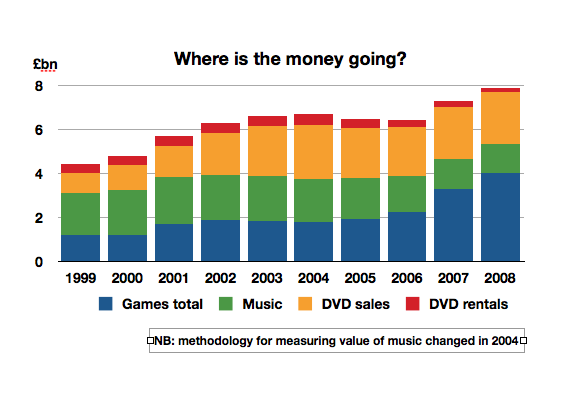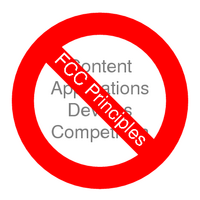 Blogger Interrupted spells out
the pretty much complete failure of the U.S. news media, especially cable news,
to cover what’s going on in Iran, which is at least of a scale with the Tienanmen Square protests that made CNN’s name 20 years ago.
Blogger Interrupted spells out
the pretty much complete failure of the U.S. news media, especially cable news,
to cover what’s going on in Iran, which is at least of a scale with the Tienanmen Square protests that made CNN’s name 20 years ago.
No obstacle was enough to stop the coverage. Even when China cut off CNN from Beijing, CNN reported repeatedly that they were cut off. BECAUSE IT IS NEWS WHEN A NEWS ORGANIZATION IS SHUT DOWN. When tanks hit the streets in Moscow in 1991, cameras were there, regardless of safety concerns, in one of the most closed societies on earth at the time, as the outcome was in grave doubt. Reporters risked their lives.At least one news organization has been shut down, El Arabiya. Plus cell phone service is out and facebook, youtube, Voice of America, and BBC World Service are being blocked or jammed in Iran.
There are news organizations covering all this, most notably the BBC. But if you really want to know what’s going on you have to turn to twitter or bloggers like Andrew Sullivan.
The biggest problem with the decline of the traditional news media is the accompanying decline in real reporting. Yet how hard could it be to report that the official election statistics are preposterous, the Iranian state’s own election monitors say the election had problems, and the opposition (which apparently actually won) is very organized and is planning demonstrations today and a general strike Tuesday?
If the traditional media can’t cover something as obvious as this, what good is it?
-jsq









